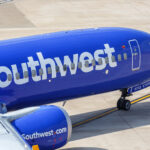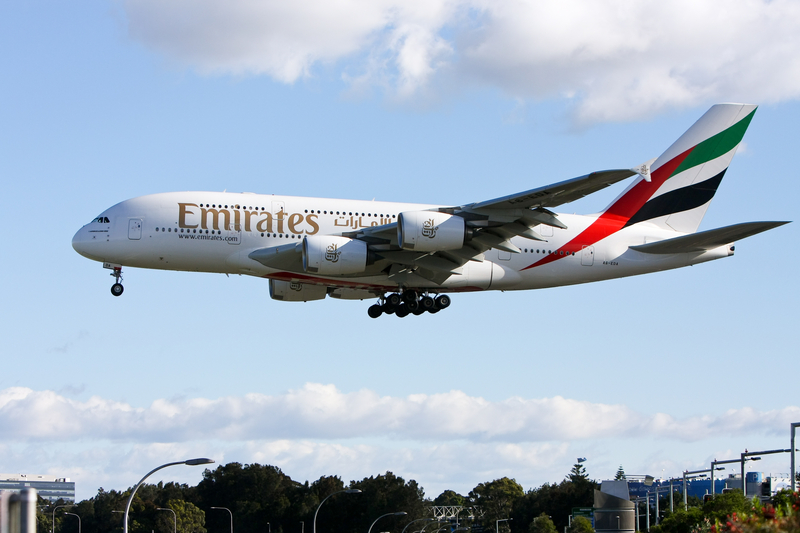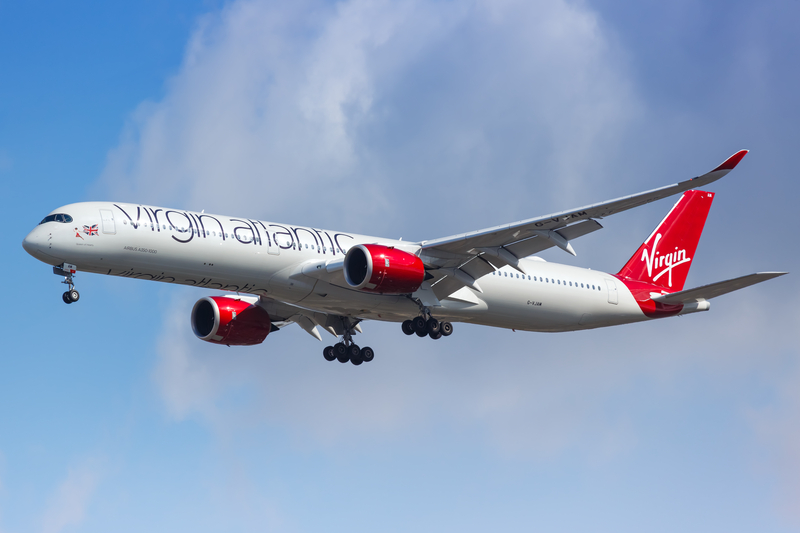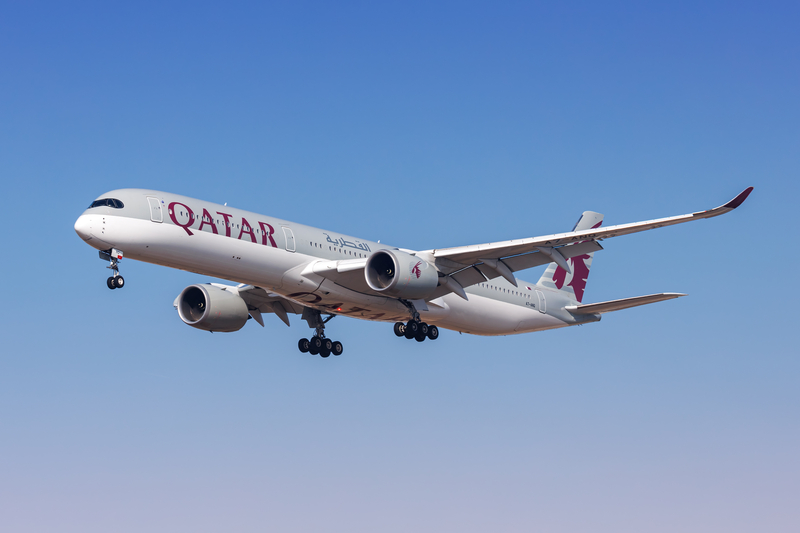Delta & Southwest Scrap Nearly 1,000 Flights As FAA Orders Capacity Cuts
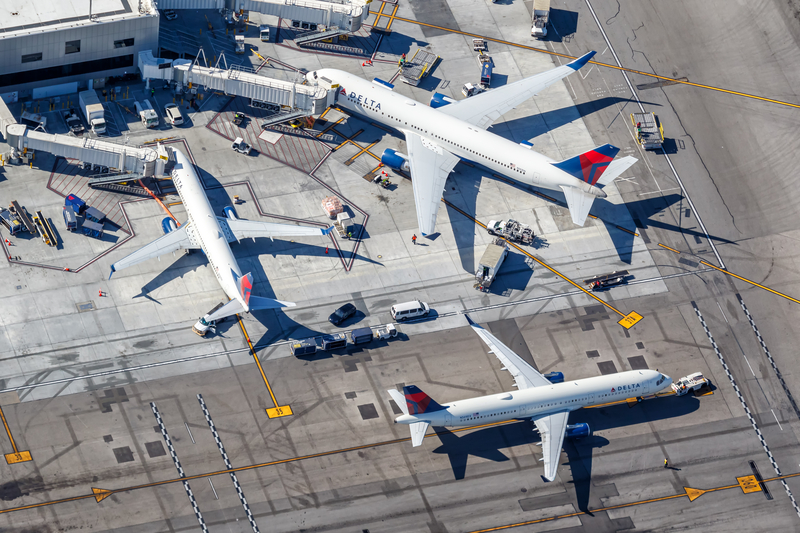
ID 331011978 | Delta Lax © Boarding1now | Dreamstime.com
Delta Air Lines and Southwest Airlines have canceled almost 1,000 flights between them as they rush to comply with a Federal Aviation Administration (FAA) directive to trim schedules at the country’s busiest airports. The cuts are tied directly to the ongoing federal government shutdown and mounting staffing shortages in key safety roles.
Why The FAA Ordered Flight Cuts
Late last week, the FAA took the unusual step of asking major US airlines to reduce scheduled operations by up to 10% at 40 of the nation’s busiest airports.
The move is a direct response to the shutdown-driven staffing crisis:
-
Air traffic controllers and TSA staff are working without pay
-
Overtime is piling up
-
More employees are calling out or picking up temporary jobs just to cover their bills
To avoid an unsafe strain on the system, the FAA instructed airlines to gradually ramp down flying — starting around 4% reductions from November 7, building to 10% cuts by later this week if the shutdown continues.
While the directive doesn’t explicitly target international flights, the biggest impact so far is on domestic operations, especially frequent short-haul services that drive congestion at hub airports.
Delta Cancels Nearly 500 Flights
Delta Air Lines says it will cancel almost 500 domestic flights as part of its response to the FAA directive. That includes:
-
Around 280 mainline Delta flights
-
Around 215 Delta Connection regional flights
These cancellations are spread across affected days through Wednesday, November 12, and are focused entirely on domestic services. Delta’s international schedule is not directly affected by the order, though knock-on delays are still possible.
The airline has warned customers that additional delays and cancellations may still be required as:
-
Air traffic control restrictions change day by day
-
Seasonal weather events pile on top of staffing issues
-
Airlines try to untangle aircraft and crew rotations already disrupted by earlier cuts
Delta’s Flexibility Policy
To soften the blow, Delta has rolled out broad flexibility for anyone booked during the shutdown period, including travelers on normally restrictive fares like Basic Economy. For affected markets:
-
Customers can change, cancel, or refund their tickets
-
If rebooking on or before November 21, Delta may waive fare differences when switching to another available flight
Changes can be handled via the Delta website or the Fly Delta app, which the airline is strongly encouraging to reduce call center pressure.
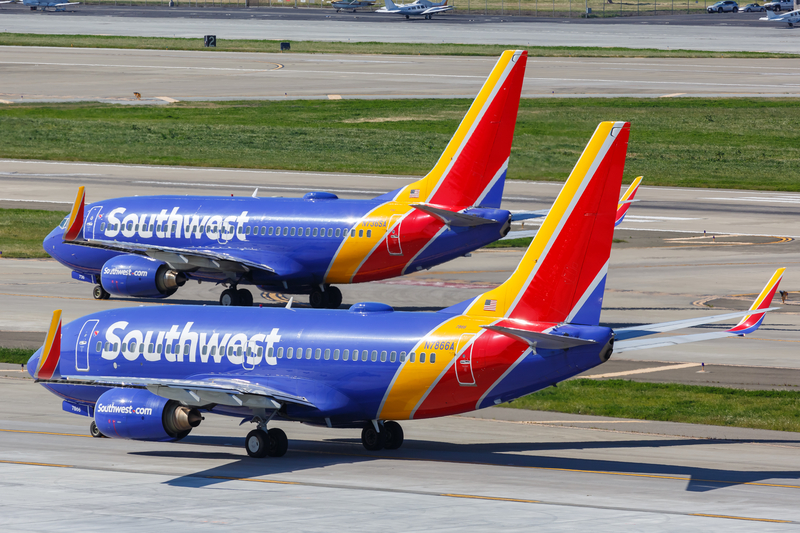
ID 157992028 © Boarding1now | Dreamstime.com
Southwest Drops About 400 Flights
Southwest Airlines, the world’s largest low-cost carrier, is also taking a sizable hit. The Dallas-based airline has:
-
Reduced schedules across 34 of its 117 airports
-
Cut around 400 flights in total this week
So far, Southwest has broken out the reductions as:
-
~140 flights canceled on Monday, November 10
-
~155 flights canceled on Tuesday, November 11
-
~145 flights canceled on Wednesday, November 12
The airline hasn’t published a full airport-by-airport breakdown, but the cuts are concentrated at the FAA-identified major markets.
Like Delta, Southwest is:
-
Letting customers change their itineraries at no extra charge
-
Offering full refunds for those who no longer wish to travel — even on itineraries not yet interrupted
Southwest maintains that the “vast majority” of customers will not be directly affected, but with a schedule reduction this large, ripple effects and longer hold times are almost inevitable. For now, Southwest’s international flights are not directly impacted by the directive.
Other Airlines Feel The Squeeze Too
Delta and Southwest aren’t alone. Other US carriers — including American, United, JetBlue, Frontier, Spirit, Breeze, and others — have also begun trimming schedules in response to the FAA’s request.
North of the border, Air Canada and WestJet have reminded travelers that:
-
The FAA directive does not apply to international flights operating into the US
-
However, passengers should still expect delays, missed connections, and schedule changes when US airspace and airports are strained
Even flights that aren’t canceled outright can be delayed by:
-
Ground holds at overloaded airports
-
Reroutes around constrained airspace
-
Backlogs at security and screening checkpoints
Political Pressure And A $10,000 Bonus Idea
The situation is unfolding against an increasingly tense political backdrop.
President Donald Trump has publicly pressured controllers to keep showing up, even as they go unpaid, floating the idea of a $10,000 bonus for air traffic controllers who work every day during the crisis — and docking those who do not.
Controllers’ unions and many frontline staff have pushed back hard, arguing they’re being used as political leverage while carrying enormous responsibility under extreme stress. Morale is understandably low, and the risk of burnout or error is exactly what the FAA is trying to prevent with its 10% capacity cap.
On Monday, the Senate took an initial step toward reopening the federal government, but final passage and implementation may still take days. Until then, airlines are being told that:
-
Capacity cuts will remain in effect until safety metrics improve
-
Controllers must not be overloaded beyond safe thresholds
That means thousands more flights are likely to be canceled nationwide, and passengers will continue scrambling to rebook or reroute travel plans.
What Travelers Should Do
If you’re flying in or through the United States over the next couple of weeks, especially via major hubs, it’s wise to:
-
Check your flight status frequently, starting 24–48 hours before departure
-
Enable app notifications from your airline
-
Consider earlier or nonstop options, which tend to be more resilient when cuts happen
-
Build in extra time for connections, particularly at large hubs affected by the 10% cap
-
If your flight is canceled, act quickly to grab remaining seats on alternatives — inventory will tighten fast
Most airlines are waiving change fees and offering refunds, so you should have more options than usual to adjust your plans.
Bottom line
To comply with an FAA directive tied to the ongoing government shutdown and air traffic control staffing crisis, Delta and Southwest have canceled nearly 1,000 domestic flights combined, with more cuts likely from other carriers in the coming days. Both airlines are offering flexible rebooking and refunds, but travelers should still expect disruption, crowded remaining flights, and longer travel days. Until the federal government fully reopens and ATC staffing stabilizes, the 10% capacity reduction at major US airports will continue to ripple through the entire domestic air travel system.
